Japan’s rich cultural heritage influences everything from its art to its cuisine, and one fascinating tradition stands out: many people in Japan avoid drinking water during meals. This practice, deeply embedded in Japanese culture, has sparked curiosity worldwide. Is it a health secret tied to their renowned longevity, or simply a culinary preference? In this comprehensive guide, we’ll dive into the reasons behind this habit, debunk common myths, and explore what science says about drinking water with meals. From digestion tips to weight loss benefits, let’s uncover the truth.
The Cultural Roots of Not Drinking Water With Meals in Japan
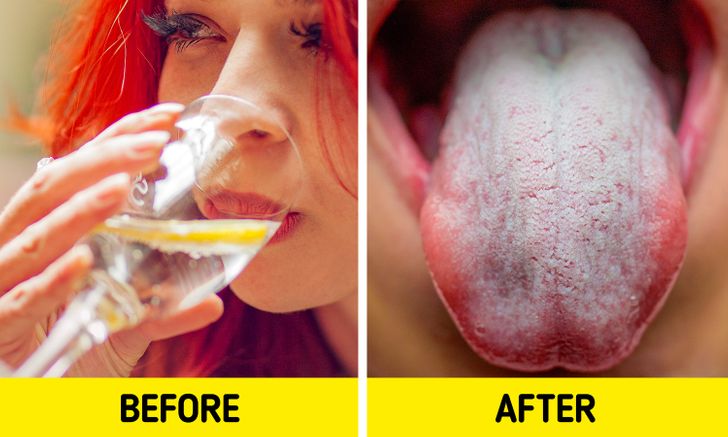
Japanese dining is an experience steeped in mindfulness and tradition. Recognized by UNESCO as an Intangible Cultural Heritage, Washoku—the traditional Japanese diet—emphasizes balance, seasonality, and appreciation of food’s natural flavors (UNESCO Washoku). Drinking water during meals is often avoided to preserve this sensory experience.
The belief is that water might dilute the taste of meticulously prepared dishes, such as sushi, tempura, or miso soup. Additionally, traditional Japanese health philosophies, influenced by centuries-old practices, suggest that water interferes with digestion. Instead, green tea or small sips of soup often accompany meals, aligning with the idea of maintaining a “pure” digestive process. But how much of this holds up under modern scrutiny? Let’s explore the myths and facts.
Does Drinking Water With Meals Cause Dry Mouth?
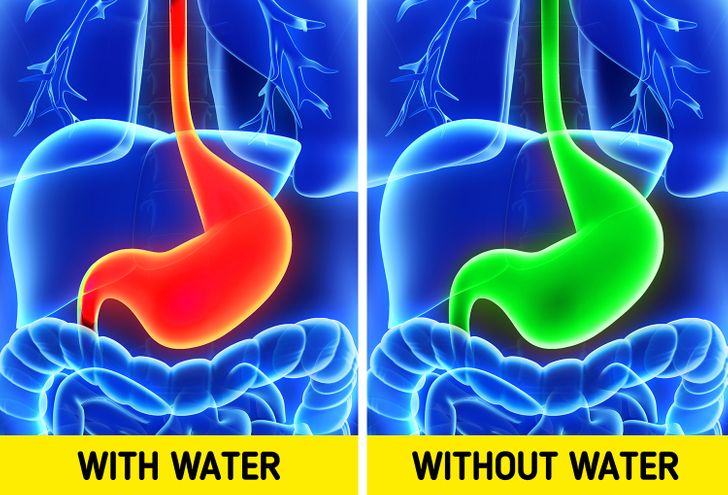
Myth: Water Leads to a Parched Feeling
One surprising claim in Japan is that drinking water during meals might leave you with a dry mouth. This notion could stem from a misunderstanding about saliva production or the effects of cold water on the body. Culturally, some believe that sipping water disrupts the natural moisture balance in the mouth, especially when paired with savory or salty foods like soy sauce-laden dishes.
Science Says: Hydration Helps
Scientific evidence paints a different picture. According to NHS Inform, dry mouth is more often caused by dehydration, medications, or salivary gland issues—not by drinking water with meals. In fact, water stimulates saliva production, aiding in the initial breakdown of food. A study from Freedrinkingwater.com confirms that staying hydrated prevents dry mouth, debunking this myth entirely.
For those seeking healthy eating tips, sipping water during meals can enhance oral health, washing away food particles and reducing the risk of cavities—hardly a recipe for dryness.
Can Drinking Water With Meals Harm Your Digestion?
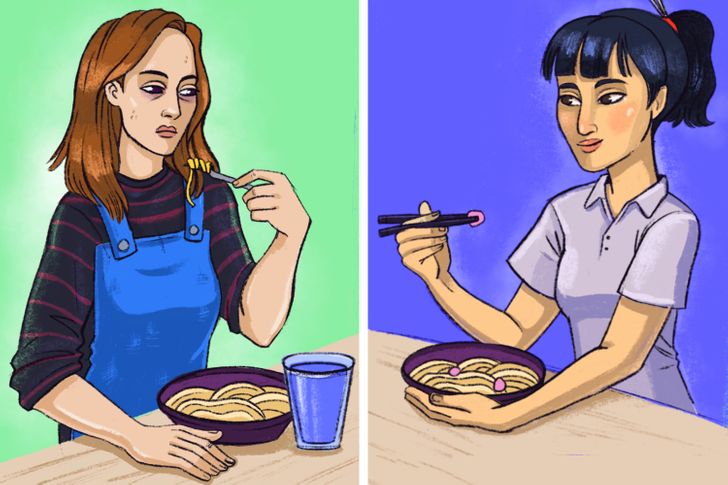
Myth: Water Dilutes Digestive Juices
A cornerstone of the Japanese aversion to water with meals is the belief that it harms digestion. The theory posits that water dilutes stomach acid and enzymes, slowing the breakdown of food. This idea is echoed in articles like MayorBoss, which suggest that water disrupts the body’s natural digestive rhythm, leading to bloating or discomfort.
Science Says: Digestion Adapts
Modern research refutes this. A detailed analysis by Healthline explains that the stomach adjusts acid production based on meal volume and composition—water included. Far from harming digestion, water can soften food, making it easier to process. A USA Today fact-check further confirms that there’s no evidence to support the dilution myth.
For those exploring digestion tips, drinking water with meals might even improve gut health by preventing constipation—a common issue addressed in Japanese diets high in fiber from rice and vegetables.
Does Water With Meals Slow Nutrient Absorption?
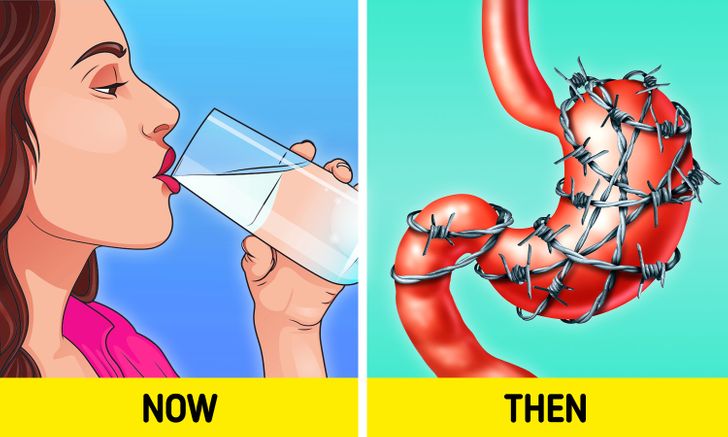
Myth: Nutrients Get Washed Away
Another concern tied to this tradition is that water slows nutrient absorption. The logic suggests that by diluting gastric juices, water hinders the small intestine’s ability to extract vitamins, minerals, and macronutrients from food. This aligns with Japan’s focus on maximizing the nutritional value of meals, a priority in a culture known for healthy eating habits.
Science Says: Absorption Remains Efficient
Research dispels this fear. According to The Washington Post, nutrient absorption occurs primarily in the small intestine, which operates efficiently regardless of water intake. A piece from Allrecipes reinforces that water doesn’t “wash away” nutrients—it may even aid their transport by keeping the digestive tract hydrated.
Nutrition advice from experts highlights that hydration supports overall nutrient uptake, making this Japanese practice more about tradition than science.
Could Drinking Water With Meals Trigger Heartburn?
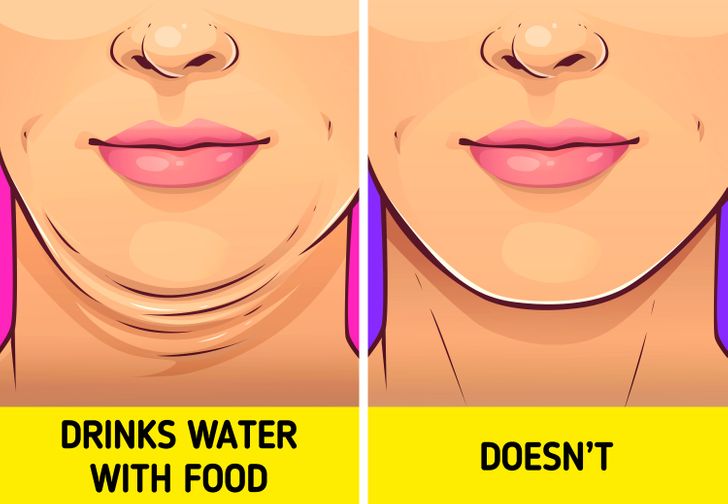
Myth: Water Causes Acid Reflux
Some in Japan believe that drinking water during meals can lead to heartburn, especially if consumed in large amounts. The idea is that water distends the stomach, pushing acid into the esophagus—a concern for those enjoying rich dishes like ramen or fried katsu.
Science Says: It’s Complicated
The science here is nuanced. Foodguides.com notes that gulping large volumes of water might temporarily increase stomach pressure, potentially triggering reflux in sensitive individuals. However, moderate sipping poses little risk. In fact, Medical News Today lists water as a top drink for neutralizing stomach acid, offering relief from heartburn rather than causing it.
For those prone to acid reflux, pacing water intake—rather than avoiding it—could be a smarter digestion tip, aligning with Japan’s mindful eating ethos.

Does Drinking Water With Meals Lead to Weight Gain?
Myth: Water Bloats and Adds Pounds
Perhaps the most counterintuitive claim is that drinking water with meals causes weight gain. In Japan, this might tie into the idea that water bloats the stomach, leading to overeating or fat retention—a concern in a culture that values slimness and health.
Science Says: Water Aids Weight Loss
The evidence couldn’t be clearer: water doesn’t contribute to weight gain. A study from NDTV explains that water has zero calories and can curb appetite, preventing overeating. Research published on Healthline goes further, showing that drinking water before meals boosts metabolism by up to 30%, supporting weight loss—a stark contrast to the myth.
For those chasing weight loss goals, incorporating water into meals could enhance Japan’s already healthy eating framework, famous for its low obesity rates (PMC Study on Japanese Diet).
Beyond the Myths: Unexpected Health Benefits of Water With Meals
While Japanese tradition discourages water with meals, science reveals surprising benefits that could complement this culture’s health focus. A study from PMC found that increased water intake reduces body weight and BMI, particularly when timed before eating. This aligns with global trends in nutrition advice, where hydration is a cornerstone of wellness.
Water also supports kidney function, flushes toxins, and enhances skin health—benefits that resonate with Japan’s emphasis on longevity and beauty. Rather than clashing with tradition, these findings suggest a potential evolution in Japanese eating habits as science meets culture.
Why This Matters: Blending Tradition With Modern Health Insights
Japan’s practice of avoiding water with meals reflects a broader cultural reverence for food and health, contributing to its status as a longevity leader. Yet, as global research advances, there’s room to blend tradition with evidence-based habits. Whether you’re drawn to Japanese culture for its aesthetics or its health benefits, understanding this water debate offers valuable lessons.
For travelers or enthusiasts adopting Japanese eating habits, consider experimenting with both approaches: savor meals without water to appreciate flavors, then hydrate strategically for digestion and weight loss. It’s a balance of heritage and science that could redefine healthy eating worldwide.
Conclusion: Separating Fact From Fiction
The tradition of not drinking water with meals in Japan is a fascinating blend of culture and folklore, but it doesn’t fully align with modern science. Far from causing dry mouth, harming digestion, slowing nutrient absorption, triggering heartburn, or leading to weight gain, water often enhances these processes.
So, should you ditch water with your sushi? Not necessarily. Enjoy the cultural experience, but don’t fear a sip or two—your body will thank you. For more insights into Japanese culture and nutrition advice, explore the references below and share your thoughts!









Leave a Reply